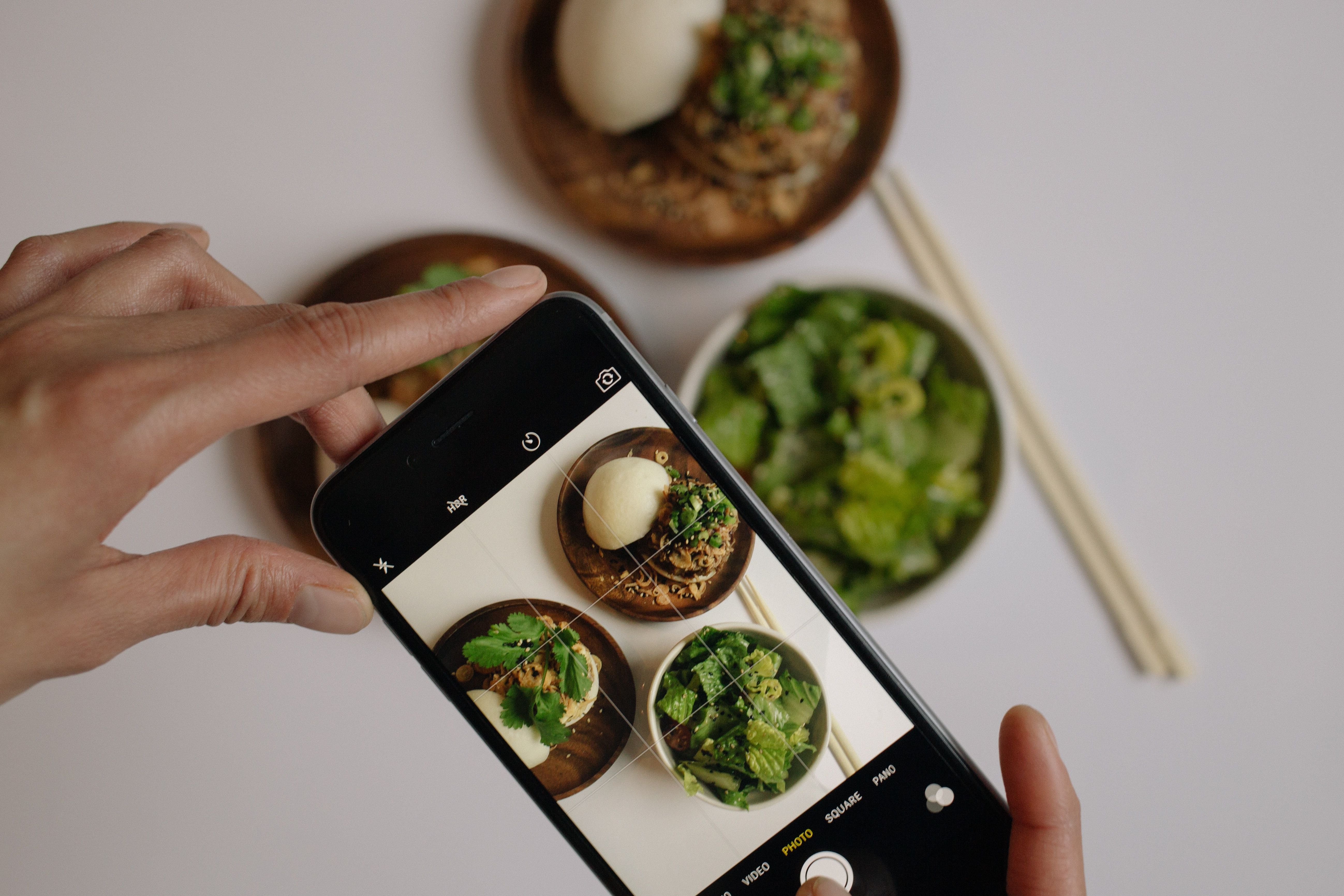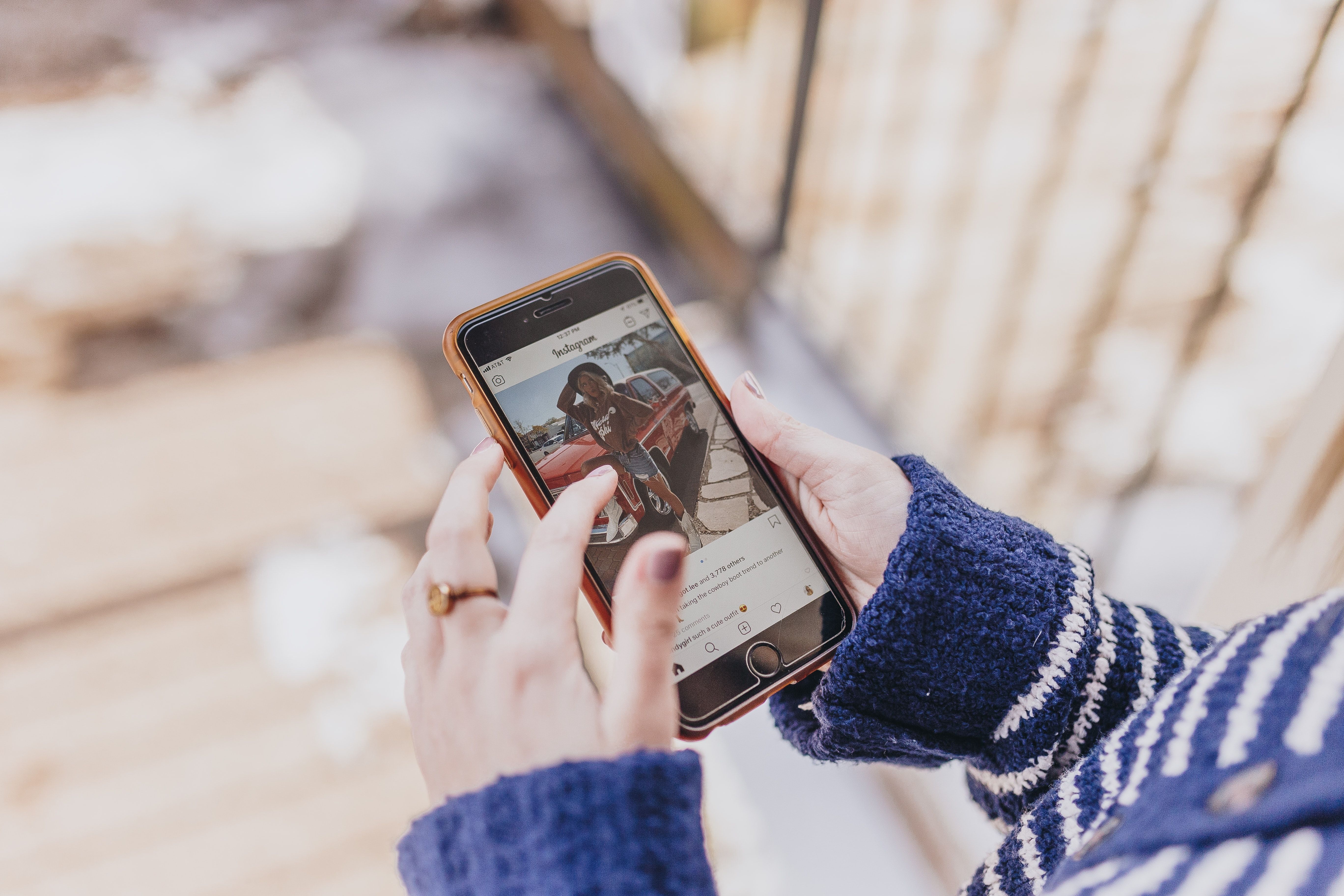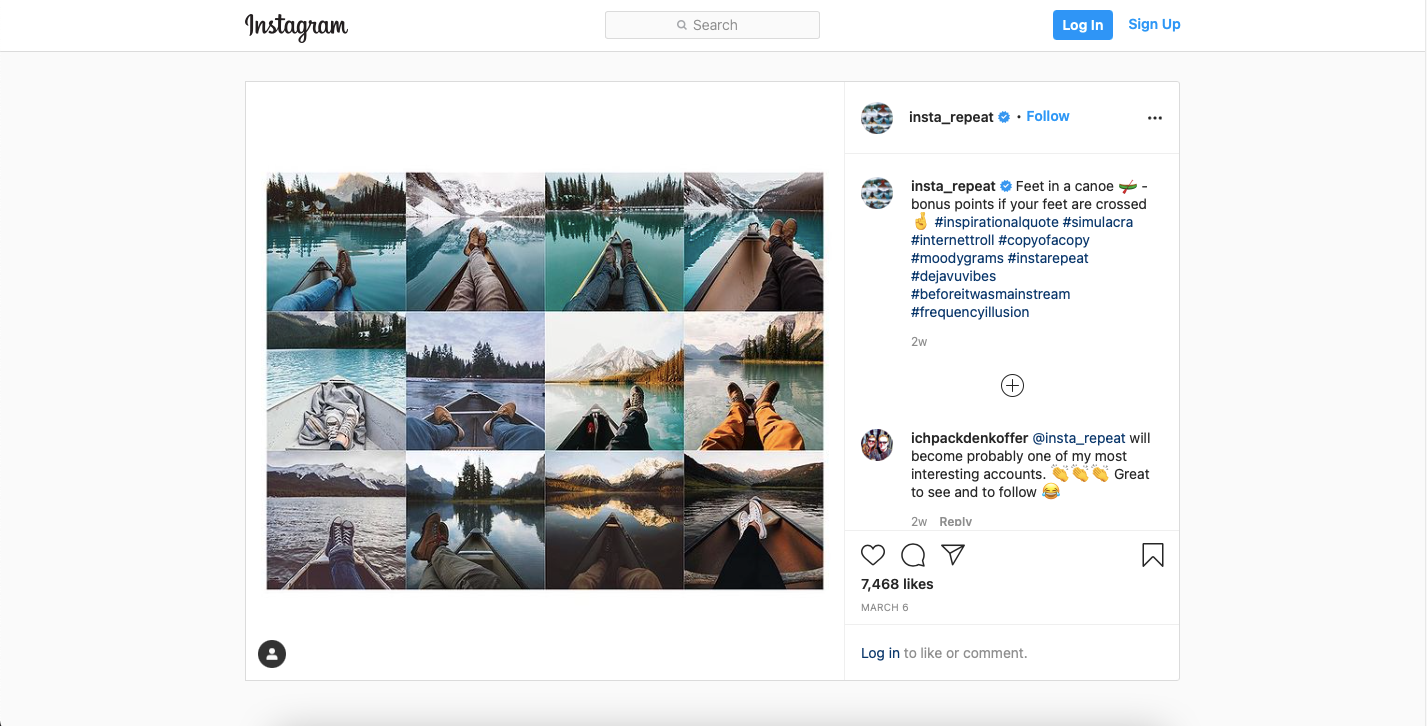Why You Should Ignore the Number of Social Media Likes You Get
Social media is powerful for keeping people connected. But there’s a dark side to these platforms, and it is one that is well-documented.
Nowadays, many users define their self-worth by the amount of online clout they have. And in a lot of cases, likes have a big part to play.
But focusing too much on this particular metric can be toxic. And there's a lot to be said for why you shouldn't care about the number of likes you get on social media.
Why Do We Care So Much About Likes?
Before discussing why you should ignore social media likes, understanding why we care so much about them is a good place to start.
First of all, the need for social approval is natural. As humans, everyone needs to feel like they belong within a community or tribe. Historically, social cohesion has also been necessary for survival.
Secondly, according to a review called "Neurotransmitter Dopamine (DA) and its Role in the Development of Social Media Addiction", published in the Journal of Neurology & Neurophysiology, dopamine is released when using social media. This is the same chemical released when you eat, exercise, or do anything that your brain perceives as pleasurable.

Dopamine also plays a role in the brain's reward response. As the review notes:
"Getting texts, likes or messages are intrinsically rewarding—they evoke feelings of happiness and satisfaction due to the ‘virtual’ social life that social media platforms mimic. However, these feelings are only temporary and once the initial short-lived moment wears off, individuals look for more."
Now you have a rough idea of why people crave attention on social media, let’s go into why you should ignore how many likes you get.
Likes Are Not the Best Sign of Progress
If you’re using social media to promote your creative work, you might think that an increase means it’s certain that you’re getting better. The reality, however, is quite different.

The meaning of a social media like is literally what it says on the tin. More likes only mean that more people like your work—even if you’ve actually regressed.
All social media platforms use algorithms to determine what content is pushed into users’ feeds. If you feel like you’re not getting enough likes, it might just be that you cater to a smaller demographic.
Social Media Likes Can Distort Your Priorities
Social media being a highlight reel of everyone’s life is a pretty overused saying these days. However, it still rings true.
Let’s paint a scenario for a moment. Say that you’ve just got a promotion at work in a job you love. You’re feeling good that you’ve been recognized for your hard work.
Then, you open Instagram.
On the app, you see your friend posing with a fancy car in Los Angeles. That post has 500 likes. Suddenly, you start feeling inadequate again—even if that car is not theirs and you never wanted to visit LA anyway.
Focusing too much on social media likes will leave you down a never-ending rabbit hole to show that your life is the best. This can result in feelings of constant anxiety and inadequacy.
Social Media Doesn't Reflect Reality
Once upon a time, you could only measure yourself against your immediate local community. But now, it’s easy to compare yourself with every celebrity and public figure on the planet.
The fact that social media has allowed people to literally have a conversation with their heroes is fantastic. But on the flip side, it can become toxic if you’re constantly comparing where you are in life to everyone else.

On social media, the behind-the-scenes are also often hidden. On the same shoot you saw one amazing photo posted online, hundreds of bad ones were probably also taken and never published. Similarly, that music artist you’ve seen go big has likely been working on their craft for years.
As cliche as it sounds, you should only compare your current self to your past self. Do you see progress in your happiness, and achieving your personal goals? That’s all that matters.
The Risk of Addiction
When you use social media for the sole purpose of getting likes, you could train your brain to seek that reward.
You can get stuck in a feedback loop when the initial reward response wears off. As the review cited earlier notes, this feedback loop can lead to addictive behavior:
"Social media today has become an integral part of people's lives worldwide. It can cause addiction with dopamine implicated. This is perpetuated through feedback loop mechanisms acting through dopamine reward system; keeping the users in the loop."
If you are constantly looking for the next high and posting for the sake of getting approval, you need to take a step back.
The review adds that overuse of social media platforms and chasing the feeling that likes give us can be detrimental to our mental health.
Chasing Likes Can Make Your Work Suffer
On social media, you’ll often find that a lot of the best-performing content is pretty similar.
People on social media copy what has performed well. There’s even an account called @insta_repeat, which shows how unoriginal a lot of content on Instagram alone is.

What performs well on social media is not necessarily what you like as an individual. If you focus only on likes, your work will lose the authentic touch that makes it so unique.
Rather than focusing on vanity metrics, create for the love of what you do. Rather than attracting a superficial crowd who pretend to like what you make, you’ll build a community of people who genuinely care about what you do.
Likes Weren’t the Reason You Joined Social Media
When you first joined Instagram, Facebook, or Twitter, chances are that you weren't thinking about how many likes you would get.
You probably joined for a positive reason, such as connecting with friends and family, seeing cute animal pictures, or following inspirational people that make you happy.
Social media has many benefits and you should focus on why you created an account in the first place, rather than stressing about likes and clout.
Live a Happier Life and Disregard the Social Media Likes
Social media is still a great way to stay in touch with family and friends. But for all of its positives, it’s essential to be aware of the negatives.
Too much social media use can lead to excessive worrying about your performance on the platform. Focusing too much on likes could lead to unhealthy comparisons and never feeling content.
Instead of focusing on likes, look at yourself for progress. At the end of the day, it doesn’t really matter if nobody liked your latest Instagram post.
source https://www.makeuseof.com/why-ignore-number-of-social-media-likes/
Post a Comment for "Why You Should Ignore the Number of Social Media Likes You Get"
Comment when there are difficulties